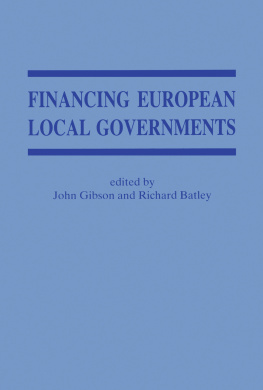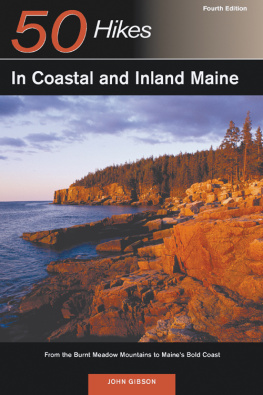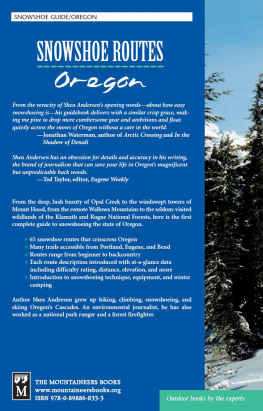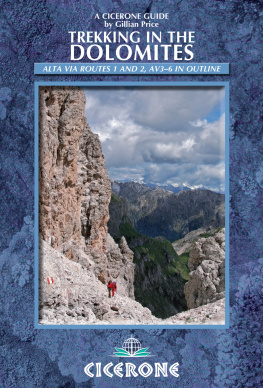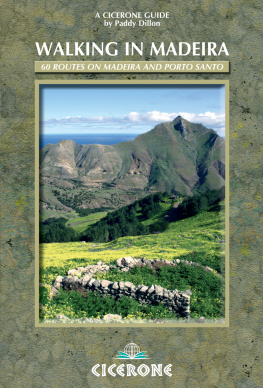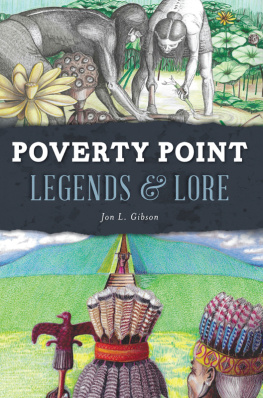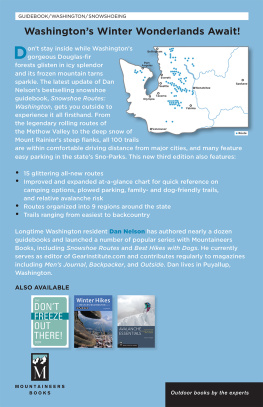Appendix B
Sources of Useful Information
To obtain a copy of the Massachusetts Getaway Guide, contact:
The Massachusetts Office of Travel and Tourism
10 Park Plaza, Suite 4510
Boston, MA 02116
Tel. (800) 227-MASS
www.massvacation.com
Regional Travel Information Centers
Greater Boston Convention and Visitors Bureau
(617) 536-4100 or (888) SEE BOSTON
North of Boston Convention and Visitors Bureau (Peabody)
(978) 977-7760 or (800) 742-5306
Greater Merrimack Valley Convention and Visitors Bureau (Lowell)
(978) 459-6150 or (800) 443-3332
Bristol County Convention and Visitors Bureau (Southeastern Massachusetts)
(508) 997-1250 or (800) 288-6263
Plymouth County Convention and Visitors Bureau (South Shore)
(508) 747-0100 or (800) 231-1620
Cape Cod Chamber of Commerce
(508) 862-0700 or (800) 33CapeCod
Central Massachusetts Tourist Council
(508) 755-7400
Greater Springfield Convention and Visitors Bureau
(413) 787-1548 or (800) 723-1548
Franklin County Chamber of Commerce (Northwestern Massachusetts)
(413) 773-5463
Berkshire Visitors Bureau
(413) 443-9186 or (800) 237-5747
Trails and Wildlife Sanctuaries
For information on managed trail sites and wildlife sanctuaries in Massachusetts, contact:
The Massachusetts Department of Environmental Management
(617) 626-1250
The Trustees of Reservations
(978) 921-1944
The Massachusetts Audubon Society
(781) 259-9500
The Appalachian Mountain Club
(413) 443-0011
National Historic Parks and Natural Areas in Massachusetts
For information on national historic parks, the Cape Cod National Seashore, and national recreation areas in Massachusetts, contact:
The National Park Service
(888) GOPARKS
Massachusetts State Parks
For information on Massachusetts State Parks, individual park facilities, and information on park reservations, contact:
The Massachusetts Department of Environmental Management
(617) 626-1250.
Request the publication, Massachusetts Forests andRecreational Activities.
Call (877) 422-6762 to place campsite reservations.
Private Campgrounds
For information on private campgrounds in Massachusetts and their facilities, contact:
The Massachusetts Association of Campground Owners
(781) 544-3475
The Most Scenic Roads in Massachusetts
Front cover photograph: In the Berkshires,
on Route 41 in Mt. Washington State Forest.
Copyright 2003 by John Gibson. All rights reserved.
Cover photograph 1997 by Kindra Clineff
Library of Congress Control Number: 2002109184
Design by Phil Schirmer
www.nbnbooks.com
Remembering
BARBARA ANN MATTINA,
artist, singer of songs,
dear friend
The Most Scenic Roads in Massachusetts
An Introduction
What does one say about Massachusetts, one of the smallest states of these fifty United? A state involved in so many important moments of American history, so intimately bound up with the great democratic experiment? How explain a small, northeastern place with limited natural resources, but so blessed for centuries with an astonishing, buoyant human capital that its contributions to government, science, commerce, education, technology, the arts, and world affairs brook few comparisons? And how convey the uniqueness of such a place, its geographic reality more interesting and diverse than even the most generous of encomiums over the years have made known? To sing this Commonwealths praises one must first accept that it is and shall ever be a place of magnificent paradox, urban yet mainly rural, coastal but often mountainous, industrial but wooded and unspoiled, dense yet scattered and separate, sophisticated but without pretense.
The state takes its name from that small tribe of Indians who established themselves in the shadows of Great Blue Hill, one of several tribes to whom white arrivals would owe their very survival and then later seek to extirpate. An organized, complex, and efficient Indian society characterized many parts of the Bay State when people of England and Europe first descended on its shores. These same aboriginal peoples of Massachusetts had likely earlier seen the ships of Norsemen coasting their shoreline before those Norse sailors returned north to far Atlantic Canada. There is a little stone on the banks of the Charles River in Cambridge, which suggests, perhaps apocryphally, that Leif Eriksson stepped ashore there in 1011.
In the 1600s the real torrent began. Europeans came to Massachusetts in increasing numbers, and every American schoolchild since has been fed the doubtful stuff of Plymouth Rock. Once established, white settlers fell to the making of community in earnest, and Massachusetts would establish a manner for the country. The Bay State is, after all, the birthplace of dozens of essential statesmen and four American Presidents including the Adamses, father and son, citizens of south-shore Quincy, immensely influential in shaping the early republic.
English Puritans brought schooling to Massachusetts with a first, primitive academy in 1635, their efforts surviving today in the form of prestigious Boston Latin. Free public education, albeit of a demanding and intolerant sort, had been established here by 1647. Bay Staters planted the seeds of some of the finest institutions of higher education early and well. In 1638, along the Charles, the Reverend John Harvard fostered the growth of a tiny college for religious training, which has grown some since. Massachusetts has latterly become home to dozens of colleges and universities, many of them ranked as the most prestigious in the country, perhaps even the world.
From early days, this has been a place where the creative flourish, and one where those with a certain view of public life have scattered their influence. Massachusetts, heir to the Bay Colony, has reliably generated singular, important minds the way some states generate wheat. From such early civic forces as John Winthrop, William Bradford, or Josiah Quincy, to fiery Puritan divines in the mold of Cotton Mather, to latter-day philosophes such as Emerson, Thoreau, and Transcendentalists Bronson Alcott and Margaret Fuller, to scientists and educators like William James and the Lowells and Eliots of Harvard, or to poets Emily Dickinson and e e cummings, the Bay States famous sons and daughters have stocked the biography shelves at the Boston Public Library to overflowing. And they keep coming. The result has been a state where ideas flourish, collide, and compete, their product somehow essential to the country.
The civic energies of this place flourished early. By their fireside in England, John Winthrop and his wife decided one winter night in 1629 to risk their fortunes in the New World; England in the reign of Archbishop Laud had become an unwelcoming place for Puritans. Winthrop would ascend to Governorship of the Massachusetts Bay Colony and leave his imprint forever on Boston. More of his stripe would desert England and follow. Winthrops Puritan sentiments would be echoed in the sermons of many a Puritan divine, perhaps most notably in the words of the Reverend Cotton Mather, scientist, member of the Royal Society, and minister to souls. Hot on Mathers heels would come young Jonathan Edwards, leading the Great Awakening of spirituality that so fervently swept western Massachusetts in the 1730s. Others, like William Ellery Channing, whose voice awakened souls on Sunday mornings at Bostons Arlington Street Church, would feed the Bay States growing penchant for humanitarian causes and the abolition of slavery. A long row of statuary on Boston Commons Tremont Street promenade reads like a Whos Who of early American social conscience. The tradition of thoughtful dissent is long here, perhaps a legacy of Puritan seriousness and right thinking leavened by educated tolerance.
Next page


